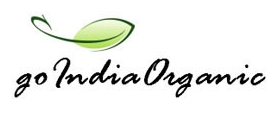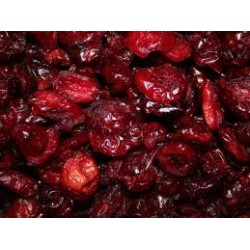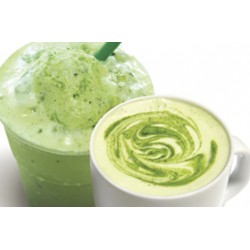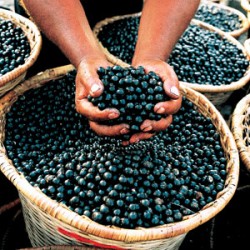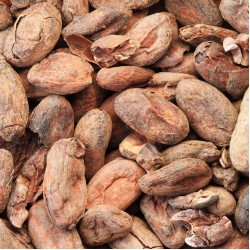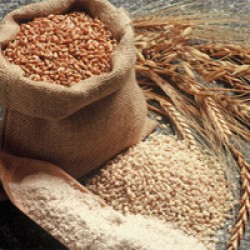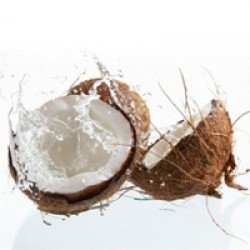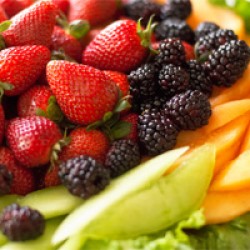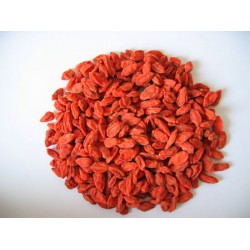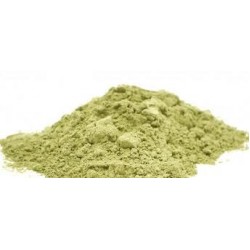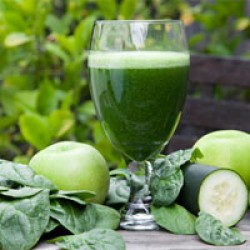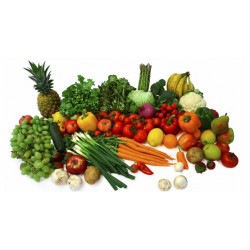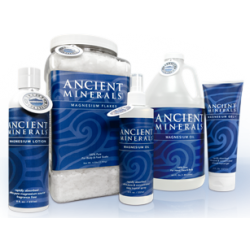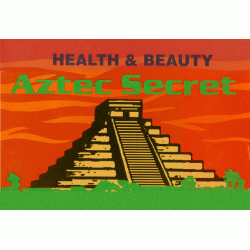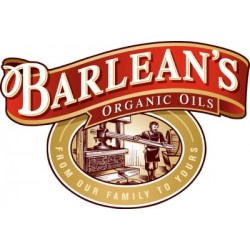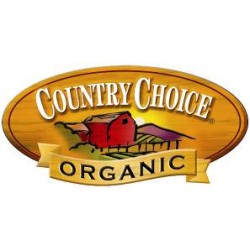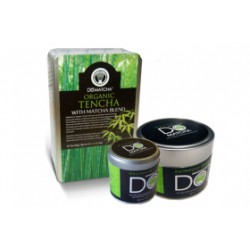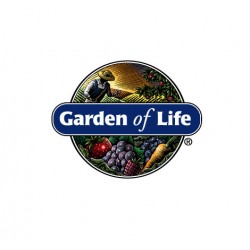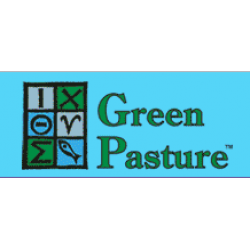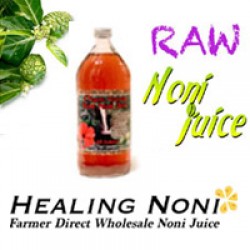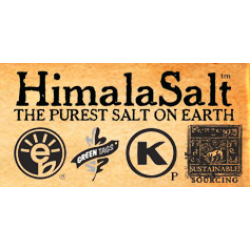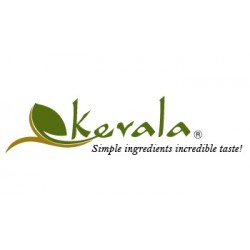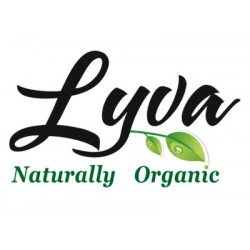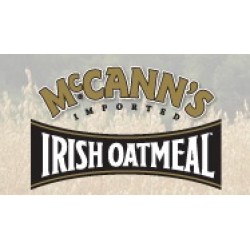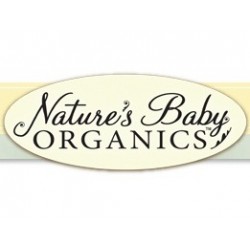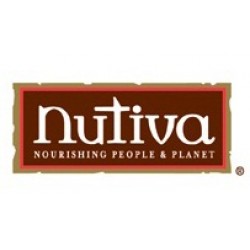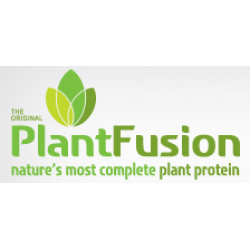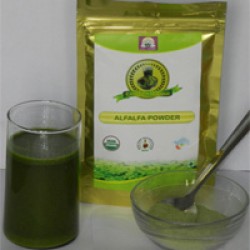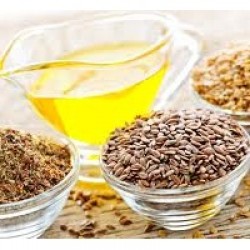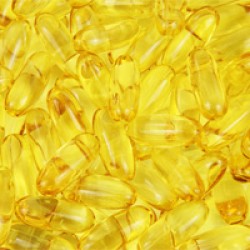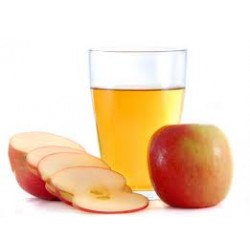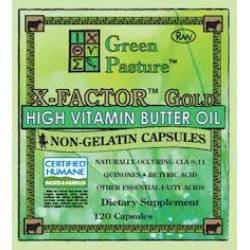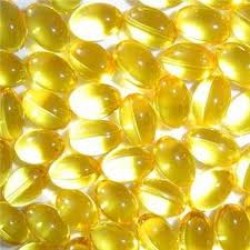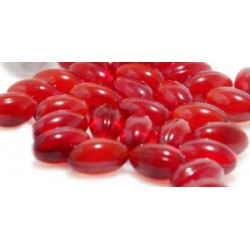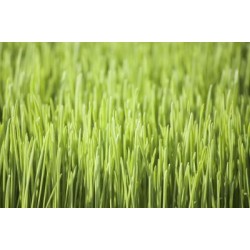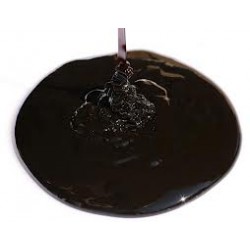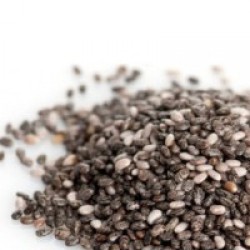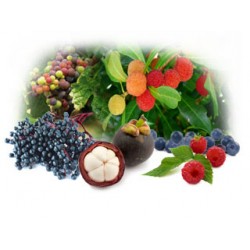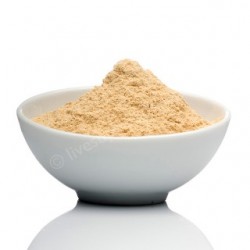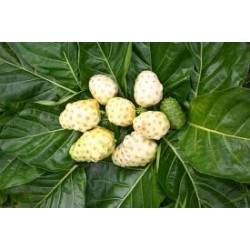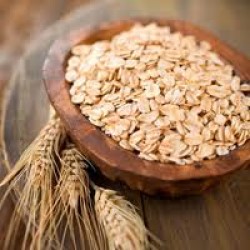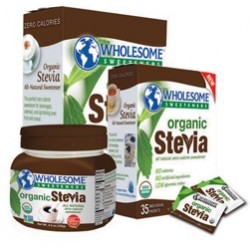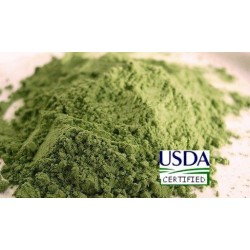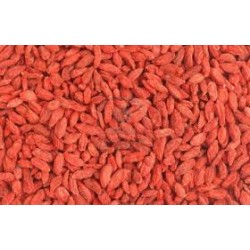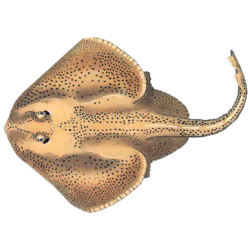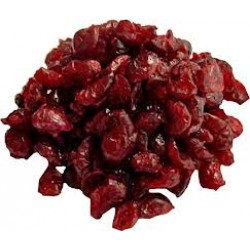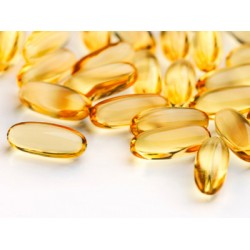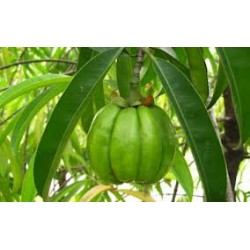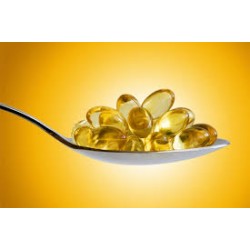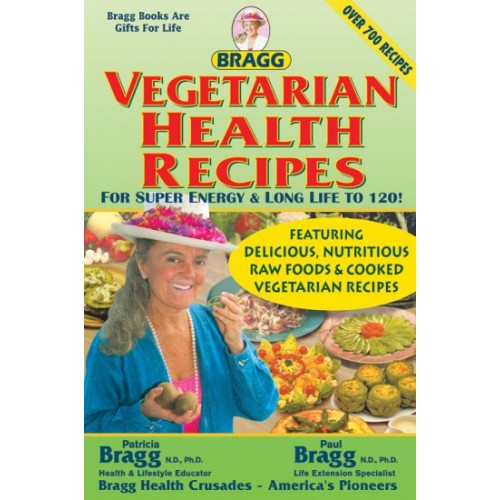Vegetarian Health Recipes
Introductory comments by Dr. John Westerdahl, Ph.D., M.P.H., R.D., C.N.S
Today's scientific research has established that a healthy vegetarian diet can play a major role in preventing disease and achieving optimal health and longevity. There are great health benefits for those who choose to follow a vegetarian lifestyle.
HEART DISEASE – Most health experts agree that vegetarians have the advantage when it comes to heart disease prevention. For the most part, plant-based diets reduce the intake of cholesterol-raising saturated fat and artery-clogging cholesterol. Both saturated fat and cholesterol are two dietary constituents strongly linked to increased coronary heart disease risk. The less we eat of them, the better it is for our heart. Eating a diet with lots of fruits, vegetables, whole grains, and beans can reduce our risk of heart disease in other ways as well. Foods such as beans, oats, and apples are rich sources of soluble fiber. Soluble fiber is effective in helping to lower blood cholesterol.
There is evidence that the B-vitamin, folic acid, helps reduce the risk of heart disease by lowering blood levels of a harmful homocysteine. Fruits and vegetables are a major source of folic acid, a heart-healthy vitamin.
Vegetarian diets have lower levels of iron. Iron, which is concentrated in red meat, promotes cell-destroying free radical activity. Free radicals promote ageing and also oxidize LDL ("bad") cholesterol thereby making it a more harmful substance to the arteries, which promotes atherosclerosis. Fruits and vegetables are rich in vital phytochemicals (plant nutrients) that are anti-ageing antioxidants or scavengers of harmful free radicals. Vegetarians have much higher levels of plant antioxidants circulating in their bloodstreams compared to meat eaters. The antioxidants found naturally occurring in plant foods such as vitamins C and E, polyphenols and flavonoids, may help prevent or even reverse free radical damage that leads to heart disease. (See website:www.ornish.com)
CANCER – There is strong scientific evidence that a diet rich in fruits and vegetables protect us against many forms of cancer. This includes cancers of the lung, colon, stomach, mouth, larynx, esophagus, bladder and prostate. Many scientists believe that natural phytochemicals found in plant foods like carotenoids, vitamin C and E, selenium, indoles, isothiocyanates, flavonoids, phenols, limonene and others are the protective compounds (see page 73).
In addition to phytochemicals, plant foods are rich in healthy fiber. Fiber is beneficial in preventing colon cancer. Studies also show that men who are heavy red-meat eaters have increased risk of getting colon and prostate cancers. This may be related not only to animal fats, but carcinogens created when meat is cooked. The high iron (a pro-oxidant) content of red meat may also be a contributing factor to increasing cancer risk.
STROKE – More and more scientific research is establishing the fact that a diet rich in fruits and vegetables is beneficial in reducing the risk of stroke. Studies show eating more fruits and vegetables are contributing protective factors for the arteries in the brain.
CONSTIPATION AND DIVERTICULOSIS – Vegetarians eat significantly more dietary fiber, which helps prevent these colon problems. Fiber adds bulk to the waste material in the colon, which promotes more rapid elimination that helps ward constipation and reduce intestinal pressure and diverticulosis.
The vegetarian diet is the optimal diet for the prevention, treatment and even reversal of disease. Physicians and Health Science Researchers have demonstrated this. Well-balanced vegetarian diets also make the optimal anti-ageing diet. Vegetarian and plant-based diet population groups, like the Seventh-Day Adventists, the people of Hunza, and the centenarians of Okinawa, have shown by example that eating a diet based mostly on plant foods, contributes to good health and a long active life. See website: http://ngm.nationalgeographic.com/ngm/0511/feature1/
John Westerdahl, Ph.D., M.P.H., R.D., C.N.S., is the Director of the Bragg Health Foundation and the Director of Health Science for Bragg Live Food Products, Inc. Dr. Westerdahl is a nutritionist and registered dietitian and is recognized as one of the nation's leading authorities on vegetarian and vegan nutrition and diets. He is the former nutrition editor for Veggie Life magazine. Dr. Westerdahl is an active member of the Vegetarian Nutrition Dietetic Practice Group of the American Dietetic Association and has received national awards for his contributions to the field of vegetarian nutrition.
Vegetarianism Versus Meat Eating by Paul C. Bragg
Over the long years that I have been a Nutritionist, the controversy of “Vegetarianism versus Meat Eating” has raged furiously. Both sides present the most scientific reasons for their side of the story. I am not going to try to persuade you to be either a vegetarian or a meat eater. There are hundreds of books written on both subjects.
INFORMATIVE VEGETARIAN WEBSITES:
Physicians Committee for Responsible Medicine
Vegetarian Nutrition Dietetic Practice Group of The American Dietetic Association
